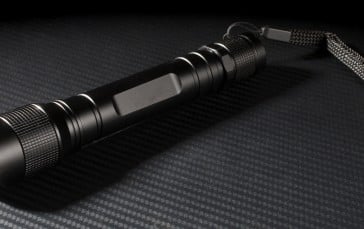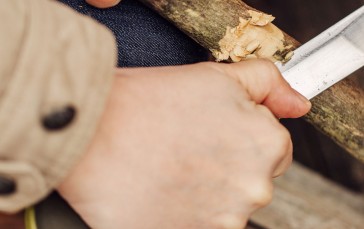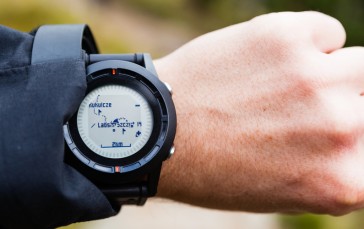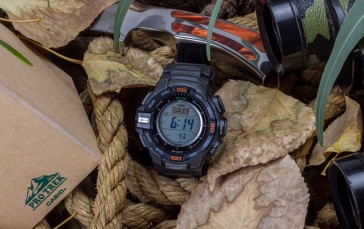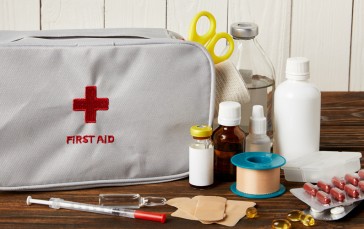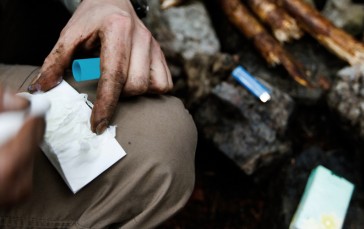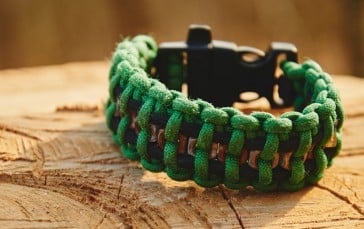What You Need To Survive At Sea
Who doesn’t like the idea of sailing into the sunset? There is something magical about being on the water and most people will jump at every opportunity to go on a cruise, or even just go sailing for an afternoon. A lot of anglers also love to go deep sea fishing. Let’s face it. That’s where the big fish and you can really turn fishing into a combat sport, especially if a large tuna or a prized marlin grabs your line.
Being on the water is not without its risks. As amazing as sailing or cruising is, things can and do, go wrong. Boats and yachts, like cars, break down and it’s not always possible to get a towing service out to save the day, especially if you are at sea. Being stranded out to sea is no laughing matter so even if you only plan on spending the day out on the water, it’s always best to make sure you have these 10 items you need to survive at sea.
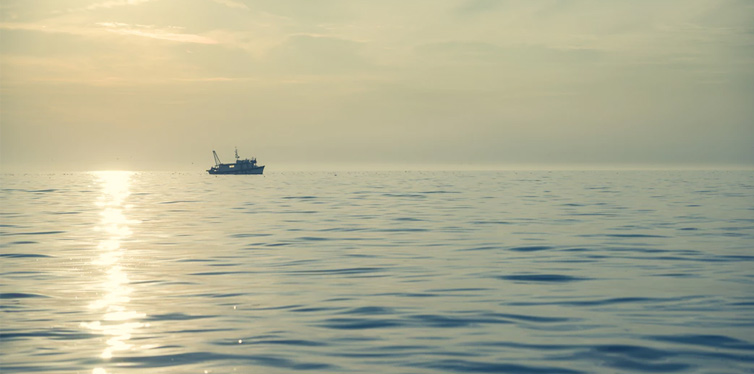
1. Water
Imagine being completely surrounded by water and not being able to drink it. Dehydration is extremely dangerous and the high salt content of seawater makes it impossible to quench your thirst. If anything, it will accelerate dehydration and make you feel extremely ill. You should always take a few days’ worth of clean drinking water with you, even on a day outing. Hydration packs are a good idea. It can make all the difference between life and death.
If you find yourself out to sea with your water bottle empty, use a plastic sheet or a tarpaulin to catch rainwater. Set it up on an angle with a container at the bottom. The rain will fall on the sheet and run down into the container. It may not be contaminant-free, but it’s still a lot better than seawater.
2. Shelter
If you’re in a boat or a yacht with a canopy or one where you can go below deck and get out of the sun, great. Make sure you do just that, especially on a hot day. If your boat does not afford you that protection from the sun and other weather elements, make sure you always have a back-up plan. The same plastic sheet or tarpaulin you can use to collect rainwater can also be used to build a make-shift shelter. Dehydration is a problem, but you will dehydrate a lot faster if you are sitting in direct sunlight. Rain can also be a problem. Temperatures at sea are temperamental and when it rains, the mercury can drop quite drastically. Being cold is one thing, but being cold and wet can lead to hypothermia. If you can, construct your shelter so that you can collect water and protect yourself from the elements.
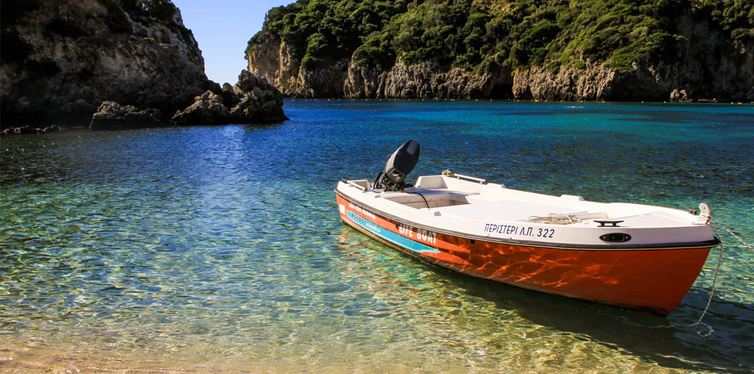
3. Clothing
When you’re sitting in the sun, the temptation is to strip off as many layers as possible to keep cool. That’s fine for a short time, but not if you are stuck at sea. Always make sure you have long sleeves and pants on board in light, breathable materials so you have as little exposed skin as possible. If it is cold, then you want waterproof rain jackets and other warmer, bulkier items of clothing to keep as warm and dry as you possibly can.
4. Any Type of Signal
If the motor on your boat has stopped working, you may still be able to contact somebody to come and help you out. However, if the boat’s battery has died on you, chances are the radio won’t work. Every boat should have an emergency beacon onboard, preferably one that has its own power source. This beacon will lead rescuers straight to you before the situation gets out of control. You should also have flares onboard for when night falls. Blasting a flare into the night sky ever so often will make you visible and it is a recognizable signal that someone needs help. In many cases, you may be able to use your smartphone to call for help, but only if you are within range of your network’s service net.
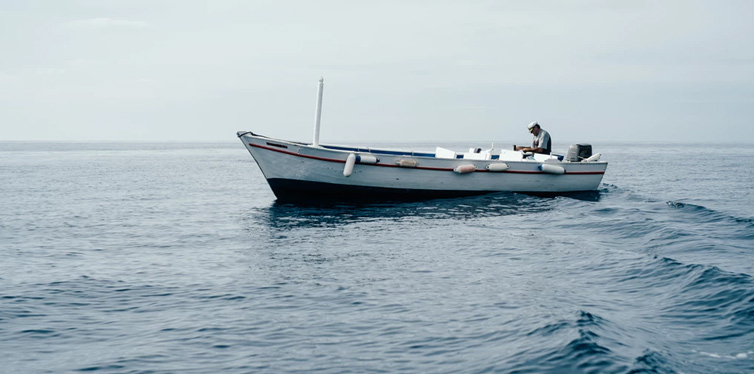
5. Food
We need food to give us energy but you can survive several days at sea without food, as long as you have enough water. Even so, it’s always good to have something on hand to keep you going. Dry meat products such as beef jerky won’t spoil too quickly and will give you some protein, but not too much due to the high salt content. Protein bars and dried fruits are convenient and will give you some much-needed nourishment. You can also try to catch fish if your food supply runs out.
6. A First Aid Kit
You should never go out to sea without a first aid kit anyway and you may very well need one. The kit should have all the essentials like an emergency blanket, antiseptic and bandages. Sunscreen lotion would also be a great addition.
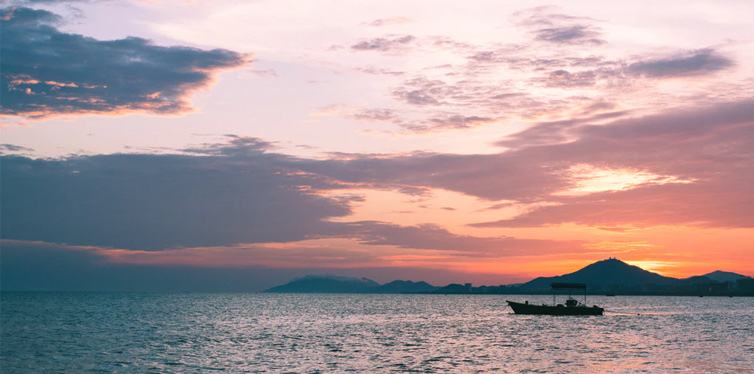
7. Flashlight
Like a flare gun, a LED flashlight can also be used to attract attention to your boat. It will also make it easier for you to do what needs to be done when it gets dark. Make sure it is a good quality flashlight and take fresh batteries with you.
8. Knife
A good tactical knife is always good to have on hand. You may need to cut lines, gut and clean a fish or cut plastic sheets into manageable sizes.
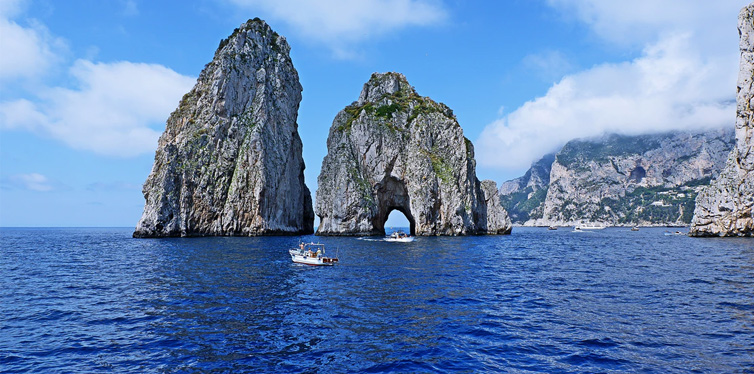
9. Binoculars
When you’re out to sea, it’s hard to see anything other than water. Compact binoculars will allow you to see further than your eyes so you can spot land if it’s on the horizon. At least then you can point your flashlight or flare gun in the right direction.
10. Life Jacket
Many maritime authorities already insist that every passenger on a boat has a life jacket. If your boat sinks or you fall off for whatever reason, a life jacket will definitely be your best friend.
Although all of these items will help you survive at sea, make sure you tell someone where you plan on going and when you expect to return. At the very least, this person can raise an alarm and get a search and rescue team to look for you and increase your chances of coming home safe and sound.


